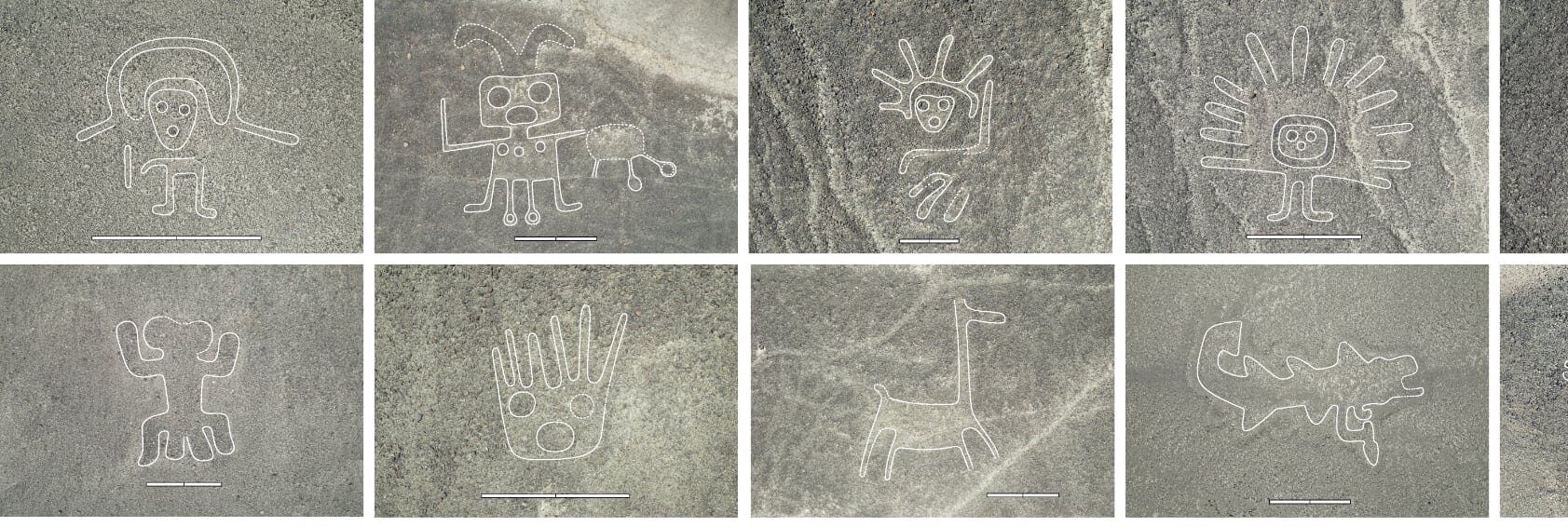
WEEK 40: OpenAIs massive funding
READING TIME : 5 MINS
OpenAI’s $6.6 Billion Funding Round: What It Means for the Future of AI
OpenAI’s $6.6 Billion Funding Round: What It Means for the Future of AI
Big news in the AI world—OpenAI, the company behind ChatGPT, just raised a massive $6.6 billion in funding, pushing its valuation to a jaw-dropping $157 billion. This move solidifies OpenAI as one of the most valuable private companies on the planet, but what’s even more exciting is what this means for the future of AI development.
With key investors like Microsoft, Nvidia, and Thrive Capital backing the company, OpenAI is gearing up for a whole new phase of growth, from expanding its AI technologies to chasing the holy grail of Artificial General Intelligence (AGI). So, what’s behind this big funding haul, and why does it matter? Let’s break it down.
Who’s Writing the Checks?
This latest funding round is a mix of heavy hitters from tech and finance. Here’s a quick snapshot of the main players:
- Thrive Capital threw in $1.2 billion (and might add another $1 billion next year if OpenAI hits its revenue goals).
- Microsoft is deepening its partnership with OpenAI, which makes sense since Azure is the backbone of OpenAI’s infrastructure.
- Nvidia, the company that’s powering AI with its world-class GPUs, also jumped in, adding a hardware edge to this funding round.
- Other big names like Khosla Ventures, Altimeter Capital, Fidelity, SoftBank, and Abu Dhabi’s MGX also joined the party.
Interestingly, Apple was rumored to be in talks to invest but ended up staying out—no official reason has been given, but it’s certainly worth watching how that relationship develops (or doesn’t) in the future.
Why Does OpenAI Need All This Money?
You might be wondering, why does OpenAI need $6.6 billion? Turns out, running one of the world’s most advanced AI companies isn’t cheap. OpenAI is scaling fast, but they’re also spending a lot of money to get there. The company is on track to generate $3.6 billion in revenue this year, but they’re also dealing with losses that are already exceeding $5 billion.
This new influx of cash will allow OpenAI to:
- Supercharge its AI models: OpenAI’s AI research is incredibly resource-intensive, requiring top-tier computing power (hence Nvidia’s involvement). More funding means better tech, faster models, and more ambitious projects.
- Chase AGI: OpenAI isn’t just interested in small upgrades. They’re gunning for Artificial General Intelligence, where AI systems can perform any intellectual task a human can. It’s a long-term bet, but this funding will help them keep pushing the boundaries.
- Expand commercialization: With 250 million weekly users already on ChatGPT, OpenAI is looking to bring in more revenue by launching new products and growing its enterprise solutions. They’re projecting $11.6 billion in revenue next year—a huge leap from where they are now.
- Navigate restructuring: OpenAI is in the middle of some major corporate changes, transitioning from a non-profit to a more traditional for-profit structure. This shift could even mean key figures, like CEO Sam Altman, gaining equity in the company. That’s another reason they need funding—they’ve got some big changes to manage.
What Makes This Round Different?
This isn’t just any funding round; there are a few things that make this one stand out:
- Convertible Debt: The funding comes as convertible notes, which will turn into equity if OpenAI makes the expected shift to a for-profit company. That gives investors a shot at owning a piece of one of the world’s most valuable companies—assuming everything goes as planned.
- Employee Liquidity: One interesting move here is that OpenAI is giving employees the option to cash out their shares. Earlier this year, some employees sold shares at an $86 billion valuation. Now, with this fresh funding, there’s more room for employees to benefit directly.
- Strategic Partnerships: This round isn’t just about the money. Microsoft and Nvidia bring strategic value, too. Microsoft’s cloud platform Azure is where OpenAI’s models live, and Nvidia’s GPUs are key to powering AI systems. The partnerships here go beyond funding—they’re setting up the infrastructure for the next phase of AI.
- Long-Term Vision: Investors are betting big on OpenAI’s long-term potential, particularly with AGI in sight. The company’s valuation has skyrocketed from $14 billion in 2021 to $157 billion now, which shows just how much people believe in its future. OpenAI has already exceeded growth expectations—so who knows how high they can go?
What’s Next for OpenAI?
With this new cash injection, OpenAI is moving full speed ahead. They’re not just looking to improve ChatGPT or add a few new features—they’re aiming to redefine what AI can do. That means more advanced models, expanded use cases in industries like healthcare, finance, and education, and, of course, the ongoing quest for AGI.
But it’s not going to be all smooth sailing. With losses mounting and a corporate restructuring in the works, OpenAI is under pressure to turn its massive potential into actual profit. They also face ethical challenges—as their AI models get more powerful, questions around safety, transparency, and regulation will only grow louder.
Still, with Microsoft, Nvidia, and top venture capital firms backing them, OpenAI is well-positioned to navigate these challenges and remain at the cutting edge of AI.
Wrapping It Up: Why This Matters
This $6.6 billion funding round isn’t just a big deal for OpenAI—it’s a huge signal for the entire AI industry. It shows that investors believe AI is not only the future, but that it’s happening right now. OpenAI’s ability to secure such a large round, at such a high valuation, indicates just how transformative AI technologies could be, both for businesses and for society at large.
As OpenAI continues to push the envelope, it’s clear that we’re entering a new era of AI, where machines won’t just assist us—they could surpass us in certain tasks. And while that brings its own set of challenges, the potential rewards are massive.
Share this post
Written by: Sophie Pochtler
Sophie is a Product Designer with over 10 years of experience in Product Development at a technology firm in the food industry. Her passion for innovation and the daily use of AI over the past 3 years have shaped her into a solution-oriented innovator. Embracing the principles of human-centered design, she collaborates closely with businesses to comprehend their unique goals and challenges and develops tailored solutions to perfectly match her clients need.



